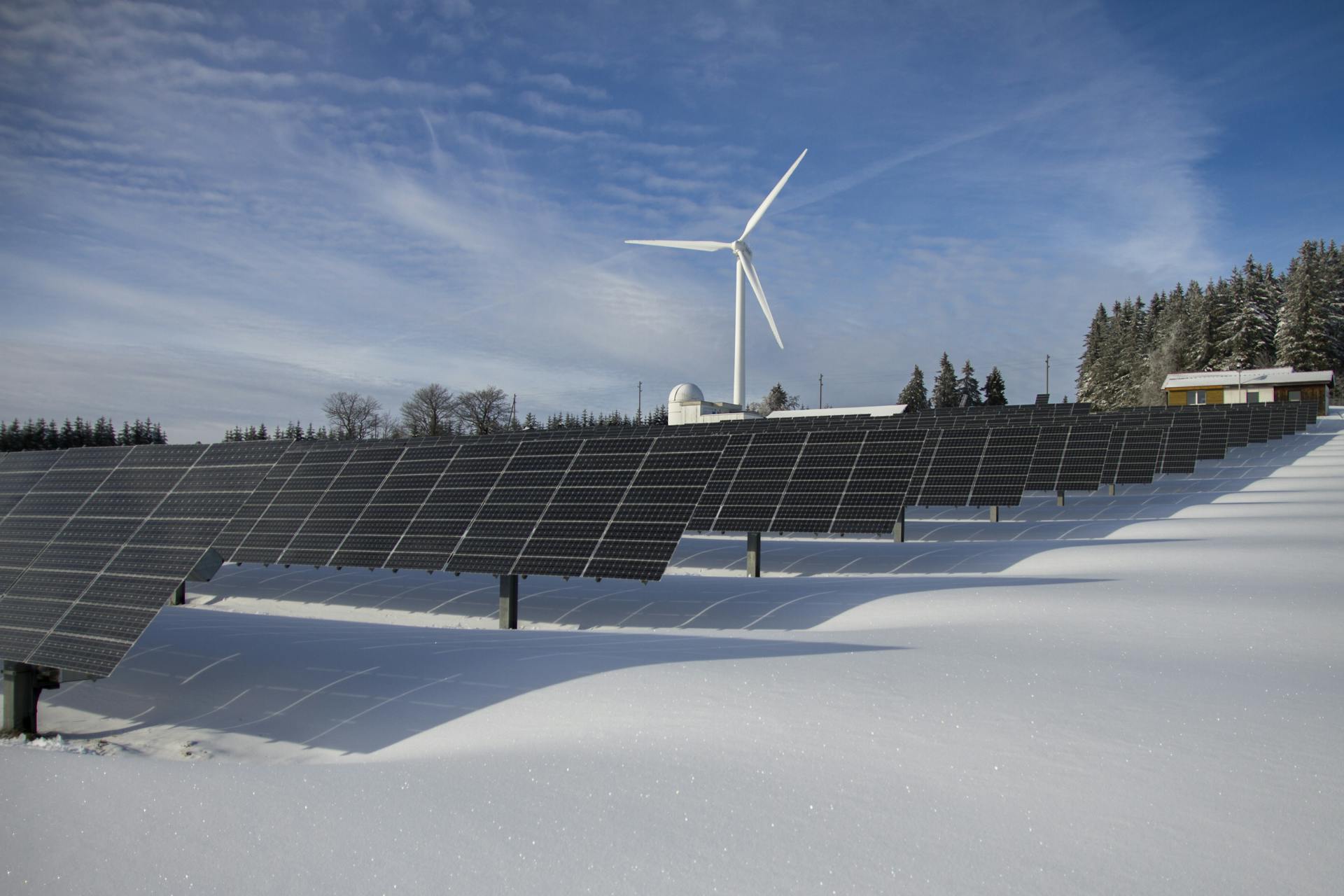
Transparent Methodology
Every impact calculation shows assumptions, uncertainty bands, and clear formulas. No black boxes.
Open Data
All project data, policy briefs, and grid timelines are openly accessible and exportable.
Independent Platform
Not affiliated with any brands or events. Built to serve the European energy community.
AI-Powered Tools
Navigate complexity with intelligent tools that provide clear recommendations and transparent reasoning.
AI Matchmaker
Find the best matches between projects, investors, and suppliers with transparent scoring
Policy Copilot
Plain-English answers about EU and member-state permitting, incentives, and eligibility
